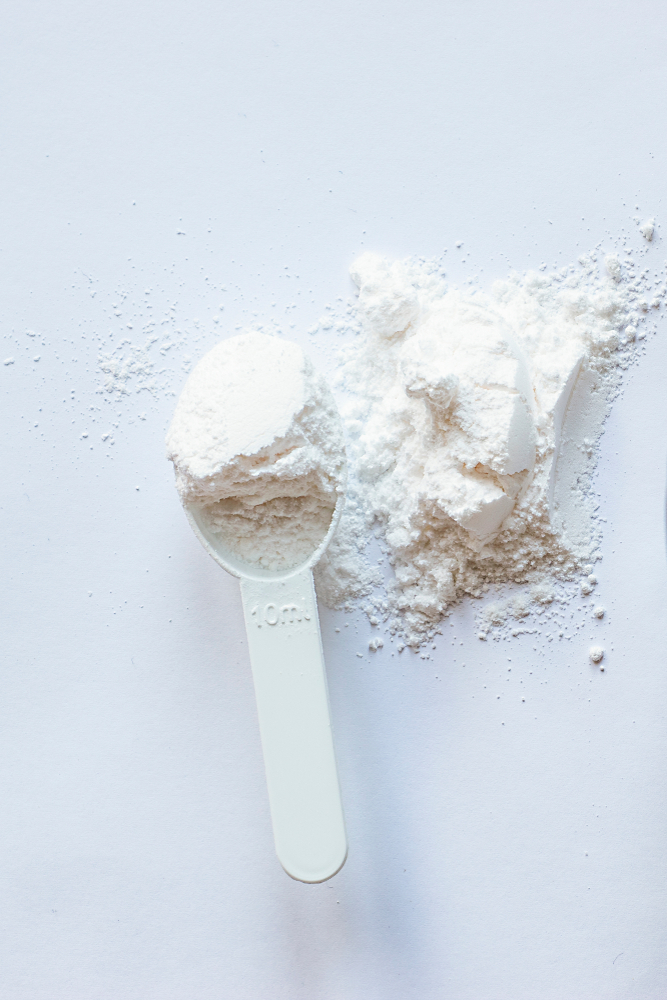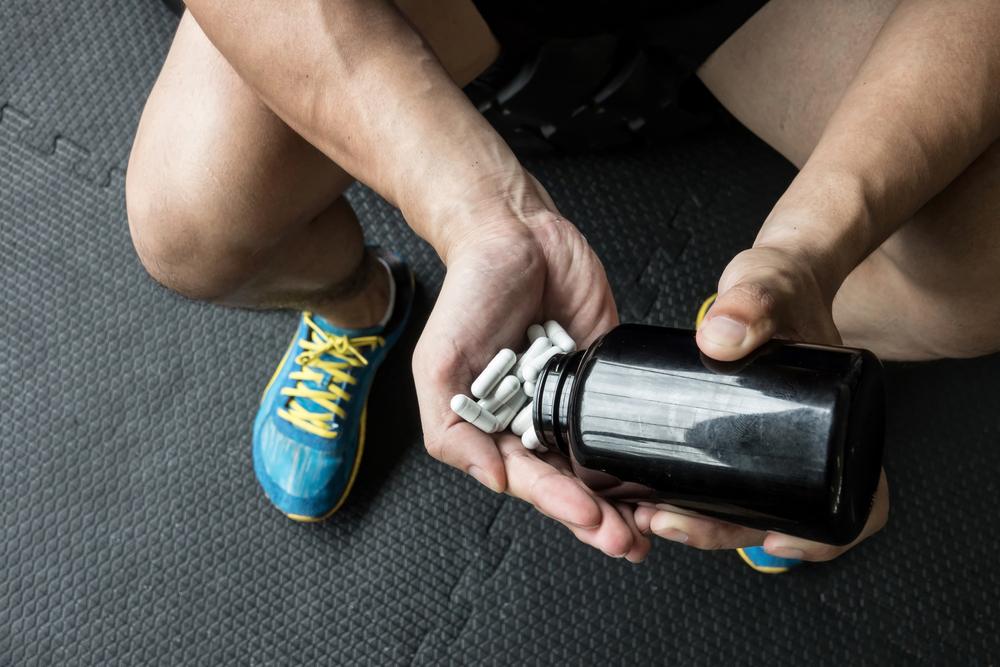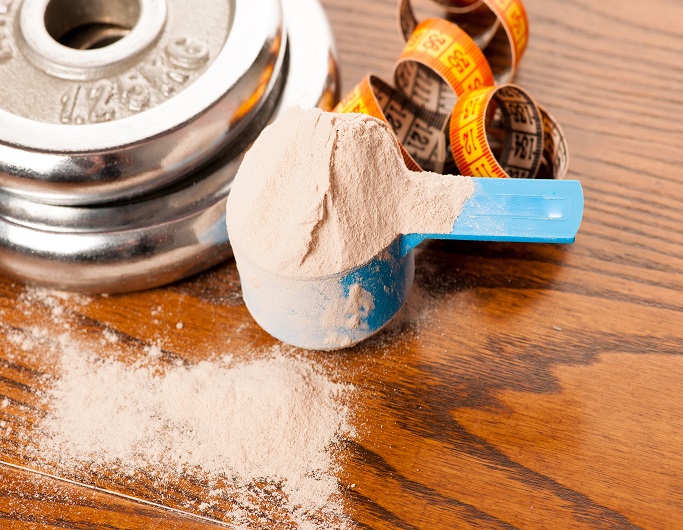
Using Glutamine For Muscle Recovery
Glutamine is the most common amino acid that is in your muscles. When you undertake any intense training, glutamine levels reduce quite significantly. You then have to replace these glutamine levels to avoid muscle loss (wasting), fatigue and muscle soreness. It is not only your muscles that need glutamine, your whole body benefits from this amino acid including your liver, kidneys, gut and immune system.
Glutamine & Muscle Recovery
After a workout you often feel fantastic, but then when you wake up the next day you’re so sore that you can barely get out of bed. This factor alone puts people off training. This soreness means that you worked hard enough to get results. What is now needed is to make the right inner environment for muscle recovery. Glutamine plays a huge role in helping your muscles repair themselves after such stress.
Sources of Glutamine
Glutamine can be consumed through a variety of dietary sources – and your body also produces glutamine naturally. Glutamine is essential as it removes waste products like ammonia from the bloodstream, and participates in the proper function of your brain, digestive system and immune system. Your body stores glutamine for when it’s needed, but people who regularly stress their bodies with heavy or prolonged exercise may deplete their glutamine reserves. The body can’t produce this level of glutamine fast enough to meet the demand, so supplementing with glutamine can be crucial. When you stress your muscles, you cause micro-damage. As the body repairs that damage, it also makes the muscle stronger to defend against future stress. Small amounts of muscle damage are good because they lead to gains. The problem is that your body may require several days of rest to repair that damage, meaning you can only work out that muscle group once per week.
Supplementing with Glutamine
Many athletes and regular gym goers turn to supplementing with glutamine to hurry the recovery process. One of the main roles glutamine plays in muscle recovery is moving nitrogen atoms from wherever they are to where they are needed. To build muscle, you need to maintain a positive nitrogen balance after a heavy workout. Rushing nitrogen to your damaged muscles stimulates tissue repair. If glutamine is lacking in the body, the damaged tissue may stay damaged because it doesn’t have the materials to rebuild. For endurance training glutamine helps boost the immune system after an extended event for example like with a marathon or long distance event.
Glutamine Summary
Supplementing with glutamine is essential if you are undertaking any strenuous workouts so that you can replace the lost glutamine levels and keep good general health throughout your body and recover from exercise stresses quicker.







No Comments yet!